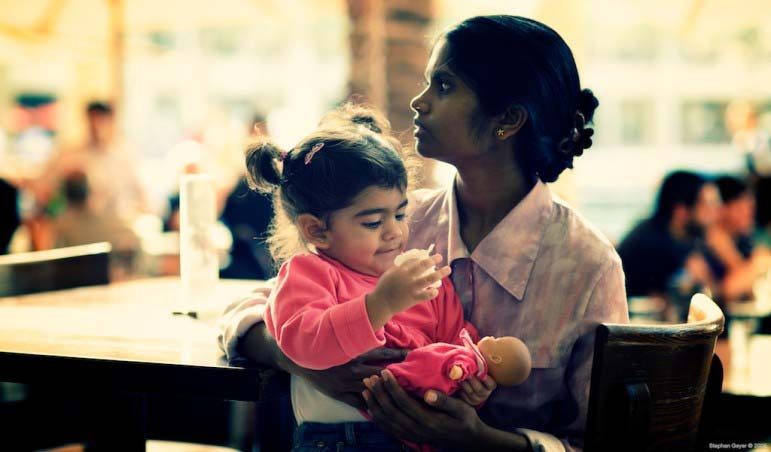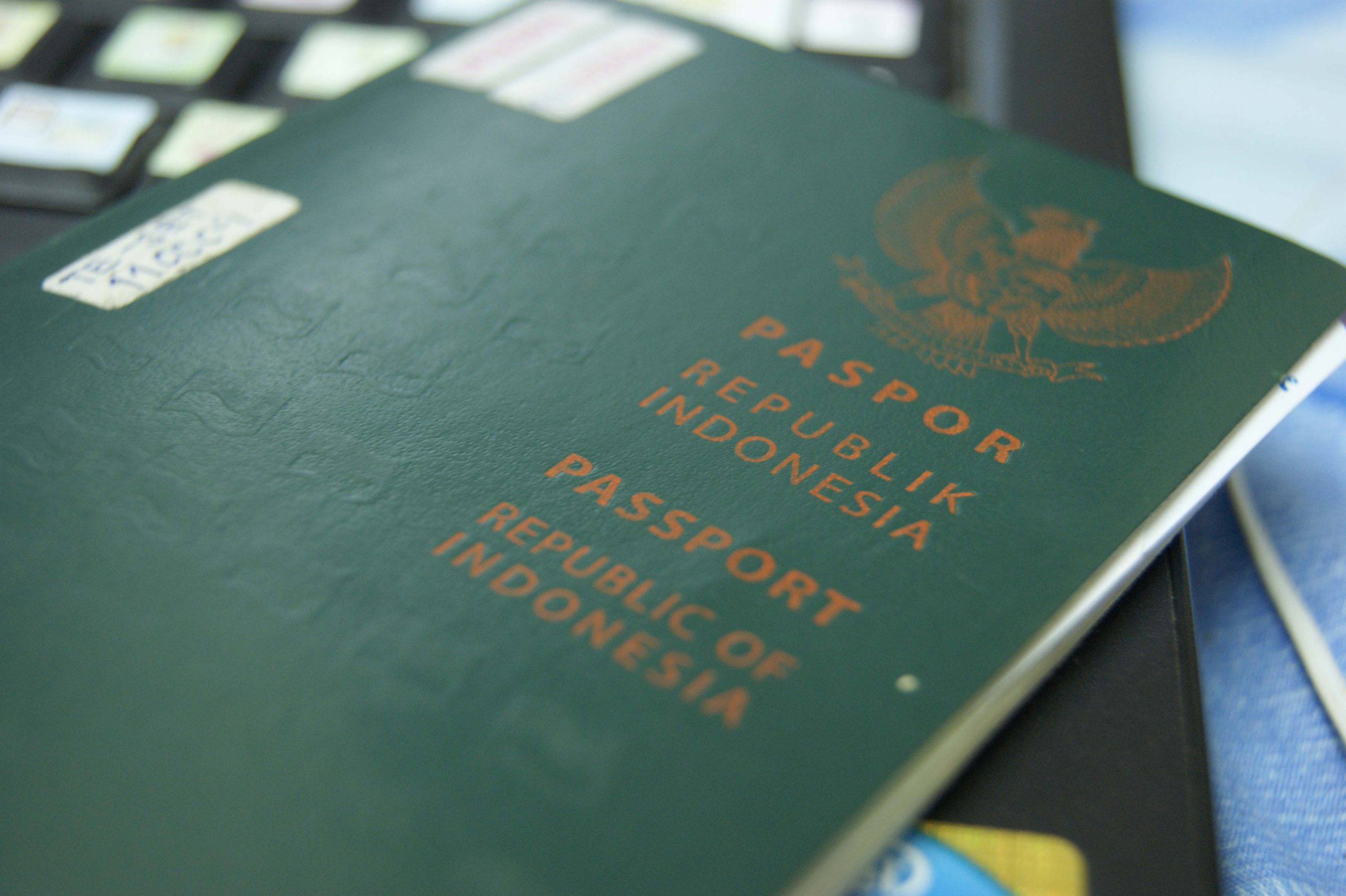
A 25-year-old woman working as house help in Qatar has returned to her home country of Indonesia after being badly beaten by her sponsor here and hospitalized for several days.
However, her departure only came after the woman was held for weeks in Qatar’s Search and Follow-Up Department, which is a detention center for expats awaiting deportation.

According to sources who spoke to Doha News, the woman said she “forgave” her sponsor, whose assault left her with a broken wrist, a gash on her skull requiring six stitches and numerous bruises and scars.
Through a friend, the woman sent a photo of herself this week holding a small sign thanking the Indonesian community and members of the Facebook group “When, Where and How in Doha” – where her story first came to light – for their support.
Last month, the woman’s case sparked outrage online as well as donation drive that raised some QR30,000, as well as clothes and toiletries for the woman.
Government documents shown to Doha News suggest the woman received QR8,500 for seven months of previously unpaid back wages and to cover the cost of her plane ticket home.
Questions remain
In April, the woman spoke to Doha News while she was recovering from her injuries at Hamad Hospital. She said she had been abused for nearly two years and fled her employer’s home after being beaten with the metal end of a hose used to siphon water.
Despite being in the hospital for three days, the woman said she had not been interviewed by police officers about the assault.

An embassy official, who could not be reached today, previously said authorities were following the case, but it remains unclear if an official investigation was ever launched.
However, because the victim is not pressing charges, any form of criminal prosecution is unlikely.
Human rights organization Amnesty International has previously said that complaints by domestic workers in Qatar of assaults rarely result in criminal convictions.
One reason for this may be because those who flee abusive employers can find themselves arrested and detained on so-called “absconding” charges in violation of Qatar’s sponsorship law.
Systematic problems
In a 2014 report on domestic workers in Qatar, Amnesty said the most common punishment in such cases was detention followed by deportation.
This policy was criticized by a UN envoy who visited Qatar in 2013, who said that such detention amounted to a violation of these women’s rights. For its part, Amnesty has called for “absconding” to be decriminalized.

The human rights organization said it was told by deportation center officials that detainees who make complaints of physical or sexual abuse are transferred to the Qatar Foundation for Combating Human Trafficking or the hospital psychiatric unit for the appropriate support.
However, it also cited a Ministry of Interior official who appeared to have limited sympathy for domestic workers who have fled their employers. He told Amnesty that most women who flee to new employers are trying to earn higher salaries, rather than attempting to escape abuse.

That’s at odds with the findings of the UN Special Rapporteur on the human rights of migrants, which stated that most women who were being held pending deportation had left their employers due to poor working conditions.
The vulnerability of domestic workers here is one reason why earlier this month, the Indonesian government announced that it would ban its nationals from working as domestic help in Qatar and 20 other countries in the Middle East.
The move, to protect “human values and the dignity of the nation,” is expected to come into effect in three months, and is being imposed on any new workers applying for employment overseas. Indonesians already working abroad would not be affected.
During his announcement, Indonesia’s Minister of Manpower and Transmigration Muhammad Hanif Dhakiri said that “the hard policy” was being implemented in countries where the rights of employers outweigh labor policies and protections for the domestic worker.
Qatar is home to around 20,000 Indonesians working in domestic roles, Amnesty International said last year, citing 2010 census data.
Thoughts?







